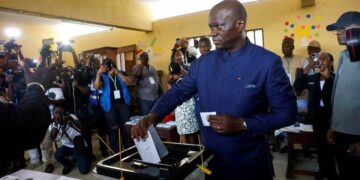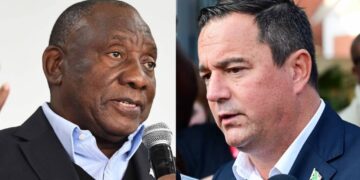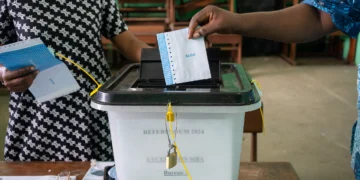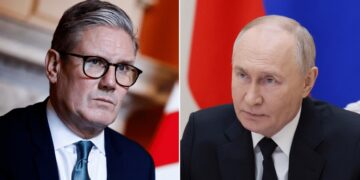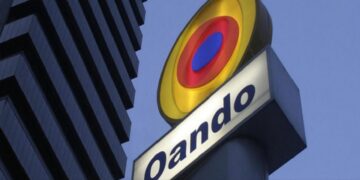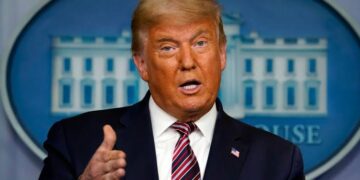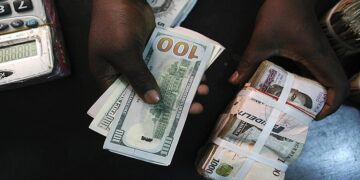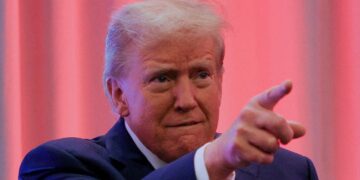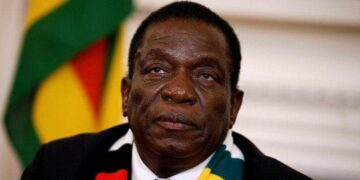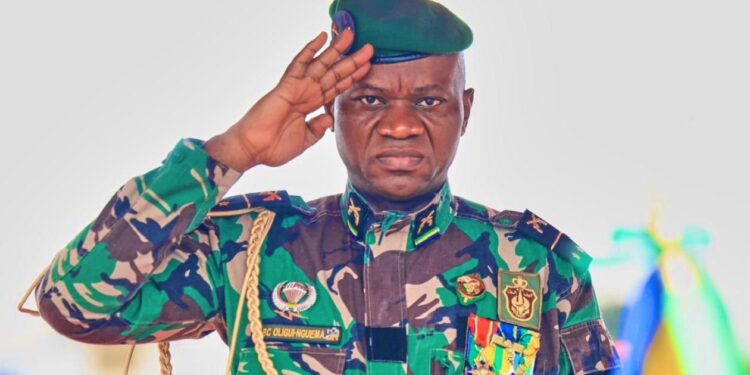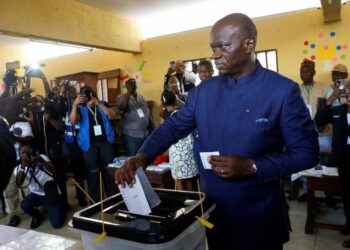By Ebi Kesiena
Gabonese voters will head to the polls on Saturday for a crucial Presidential election, marking a key moment in the country’s political transition as junta leader General Brice Oligui Nguema seeks a democratic mandate nearly two years after seizing power in a military coup.
Nguema, 50, who led the August 2023 coup that ended over five decades of Bongo family rule, is widely seen as the frontrunner among eight presidential candidates. His closest rival is Alain Claude Bilie By Nze, a former prime minister under the deposed Ali Bongo administration.
Although Nguema initially promised a return to civilian rule following a transitional period, a constitutional referendum held in November cleared the path for his candidacy, drawing criticism from civil society and international observers.
The election is being closely watched by investors and international partners for signals of political stability in the oil-rich Central African nation, which has been grappling with economic headwinds and a lack of external financial support. Gabon has $3 billion in outstanding international bonds, and restoring investor confidence hinges largely on the credibility of Saturday’s vote.
Since the coup, Gabon’s economy has faced mounting challenges. The International Monetary Fund (IMF) reports that growth slowed to 2.4% in 2023, down from 3% in the previous year, amid governance concerns and political uncertainty. The country currently has no active IMF lending programme, and efforts to secure one are seen as vital to reviving its economy.
The World Bank suspended disbursements in January over $27 million in arrears, compounding Gabon’s liquidity crisis. In response, the government turned to regional capital markets, offering to repurchase a $605 million bond due in June, partly funded by a $570 million private bond placement. Despite these efforts, Fitch Ratings downgraded Gabon’s sovereign credit rating from “CCC+” to “CCC”, citing limited financing options and rising debt stress.
Gabon was also suspended from the U.S. African Growth and Opportunity Act (AGOA) following the coup. The future of the preferential trade agreement remains in limbo, as Washington reevaluates its trade posture under recent tariff measures introduced by former President Donald Trump.
With pressure mounting and international support dwindling, Nguema’s administration is now seeking a $157 million loan from Cargill Financial Services and negotiating an additional $210 million facility with the African Export-Import Bank (Afreximbank).







